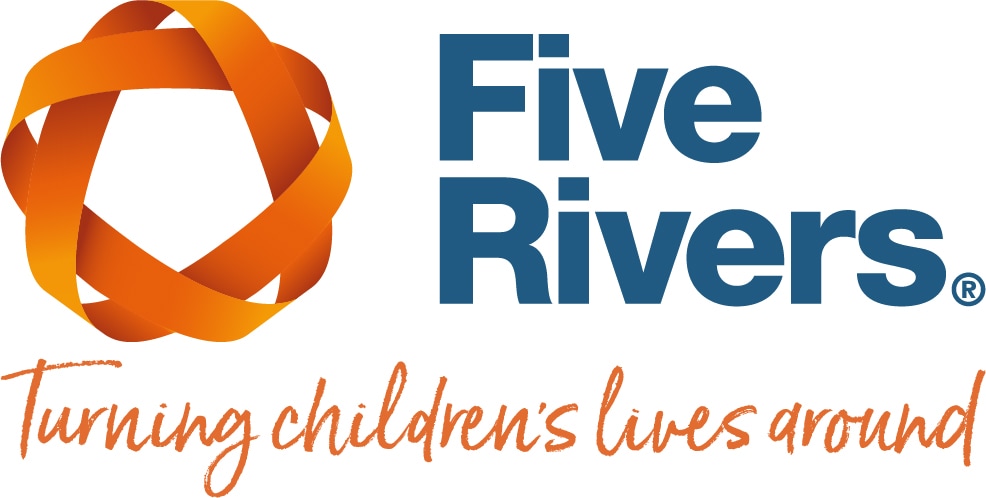Keeping connected during International Stress Awareness Week 2020
The Stress Management Society
2020 has been a year of change, uncertainty, and confusion. It can feel incredibly challenging to adapt to the ongoing changes, rules, regulations, and everything else in-between. What the pandemic has certainly taught us is the need to be aware of our emotional health and wellbeing. We mustn’t avoid our feelings. Acknowledging our feelings, building our resilience, and maintaining our health and wellbeing is a top priority.
The Stress Management Society released a plan called ‘Coping at Home and Keeping Connected During the Covid-19 Pandemic’. The plan encourages you to set yourself 5 commitments, 1 for each area outlined below, to help cope, protect your mental health, and maximise your wellbeing. The goals you set need to be SMART (Specific, Measurable, Achievable, Realistic, Time-bound) to be both encouraging and to be goals which you are willing to hold yourself accountable for!
AREA 1 – STICK TO A DAILY ROUTINE

Sticking to a daily routine helps you to be productive and remain motivated. Having routine adds purpose to your day and can help you to keep on track. Your daily routine does not have to be a large commitment. Examples could be:
- I am going to schedule screen breaks throughout the day
- Every day I am going to go on a walk on my lunch break
- I am going to write a to-do list every morning and prioritise my tasks for the day ahead
- I am going to get out of bed when my alarm goes, instead of snoozing it!
- I will not look at my phone during my lunchbreak – I will focus on enjoying my food.
What is your daily routine commitment?
AREA 2 – CONNECT DIGITALLY

With the world moving online, there is an increased sense of wishing to move away from a screen. However, being connected via phone, laptop, tablet, or computer is one of the only ways we can maintain contact and connect with some loved ones and colleagues. Commitments could include:
- I am going to check-in and video call a teammate or colleague
- I am going to organise a virtual coffee morning with my friends this weekend
- I am going to arrange a quiz night
What could your keep connected goal be?
AREA 3 – KEEP THINGS IN PERSPECTIVE

If you find yourself in a cycle of negative thinking or worry, take a step back and look at the bigger picture. How to best keep your mind at ease is important to explore. For example:
- If I find myself feeling anxious, I will pop on my favourite album and go for a walk
- If I find I am feeling overwhelmed, I will call a friend or family member to talk things through
- I am going to keep a journal as a space to dump my emotions
- I am going to write down three good things that happen everyday
How will you ground yourself and keep things in perspective?
AREA 4 – FOCUS ON WHAT YOU CAN CONTROL

Categorise your worries:
TOTALLY: these are worries or stressors that we have complete control of, such as what we buy, what we each, how much water we drink, or how much exercise we do.
OUTSIDE: these are things we cannot influence, such as a pandemic, the weather, or a natural disaster.
PARTIALLY: worries or stressors that are only partially within our control, such as meetings, teamwork and relationships.
Once your worries are categorised, set your commitment on how you can focus on what you can control, and how you can loosen your grip on what you cannot. For example:
- I cannot control the current pandemic, but I can control how it makes me feel by limiting the amount of news I watch or read everyday
- I can keep myself healthy during the pandemic by eating well
- I can make sure I do my daily exercise and get my body moving
- I can ask a colleague for help when I am feeling overwhelmed
How do you plan to focus on what you can control?
AREA 5 – TAKE TIME OUT TO PRIORITISE YOUR HEALTH (PHYSICAL, MENTAL AND EMOTIONAL WELLBEING)

It is more important than ever to look after yourself – physically, mentally, and emotionally. At times like these, we must be kind to ourselves and find ways in which we can practise self-care. Split these commitments into three areas, one for your physical wellbeing, the other your mental wellbeing, and finally, your emotional wellbeing. Your commitments could include:
- I am going to do a 30-minute home HIIT workout x amount of times a week.
- I am going to make a scrapbook of my holidays from last year
- I am going to keep a mood diary to record how I am feeling
- I am going to check in with myself and consider what I need
What will your physical, mental, and emotional wellbeing goals be?
Sometimes setting goals can feel like a challenge and can feel like work in itself! However, goals and commitments to yourself can provide structure, support, and care where you need it most.
